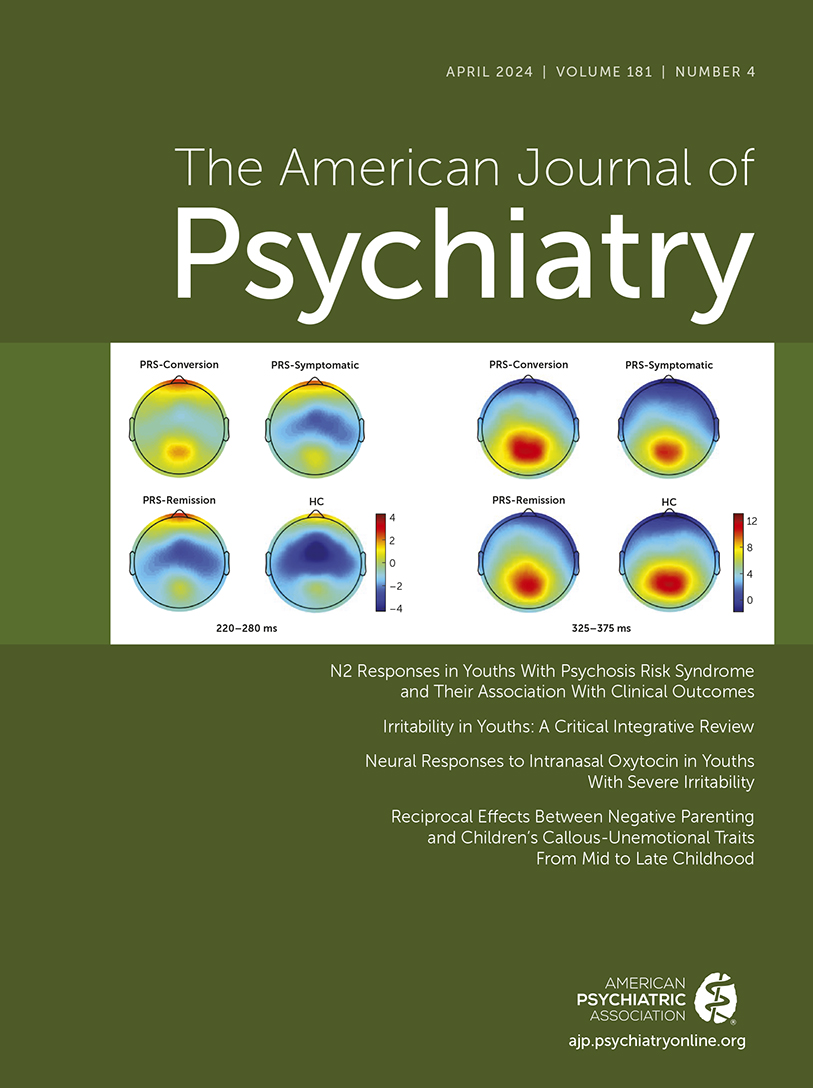Irritability in Youths: A Critical Integrative Review
Abstract
Irritability, defined as proneness to anger that may impair an individual’s functioning, is common in youths. There has been a recent upsurge in relevant research. The authors combine systematic and narrative review approaches to integrate the latest clinical and translational findings and provide suggestions for addressing research gaps. Clinicians and researchers should assess irritability routinely, and specific assessment tools are now available. Informant effects are prominent, are stable, and vary by age and gender. The prevalence of irritability is particularly high among individuals with attention deficit hyperactivity disorder, autism spectrum disorder, and mood and anxiety disorders. Irritability is associated with impairment and suicidality risk independent of co-occurring diagnoses. Developmental trajectories of irritability (which may begin early in life) have been identified and are differentially associated with clinical outcomes. Youth irritability is associated with increased risk of anxiety, depression, behavioral problems, and suicidality later in life. Irritability is moderately heritable, and genetic associations differ based on age and comorbid illnesses. Parent management training is effective for treating psychological problems related to irritability, but its efficacy in treating irritability should be tested rigorously, as should novel mechanism-informed interventions (e.g., those targeting exposure to frustration). Associations between irritability and suicidality and the impact of cultural context are important, underresearched topics. Analyses of large, diverse longitudinal samples that extend into adulthood are needed. Data from both animal and human research indicate that aberrant responses to frustration and threat are central to the pathophysiology of irritability, revealing important translational opportunities.
Access content
To read the fulltext, please use one of the options below to sign in or purchase access.- Personal login
- Institutional Login
- Sign in via OpenAthens
- Register for access
-
Please login/register if you wish to pair your device and check access availability.
Not a subscriber?
PsychiatryOnline subscription options offer access to the DSM-5 library, books, journals, CME, and patient resources. This all-in-one virtual library provides psychiatrists and mental health professionals with key resources for diagnosis, treatment, research, and professional development.
Need more help? PsychiatryOnline Customer Service may be reached by emailing [email protected] or by calling 800-368-5777 (in the U.S.) or 703-907-7322 (outside the U.S.).



